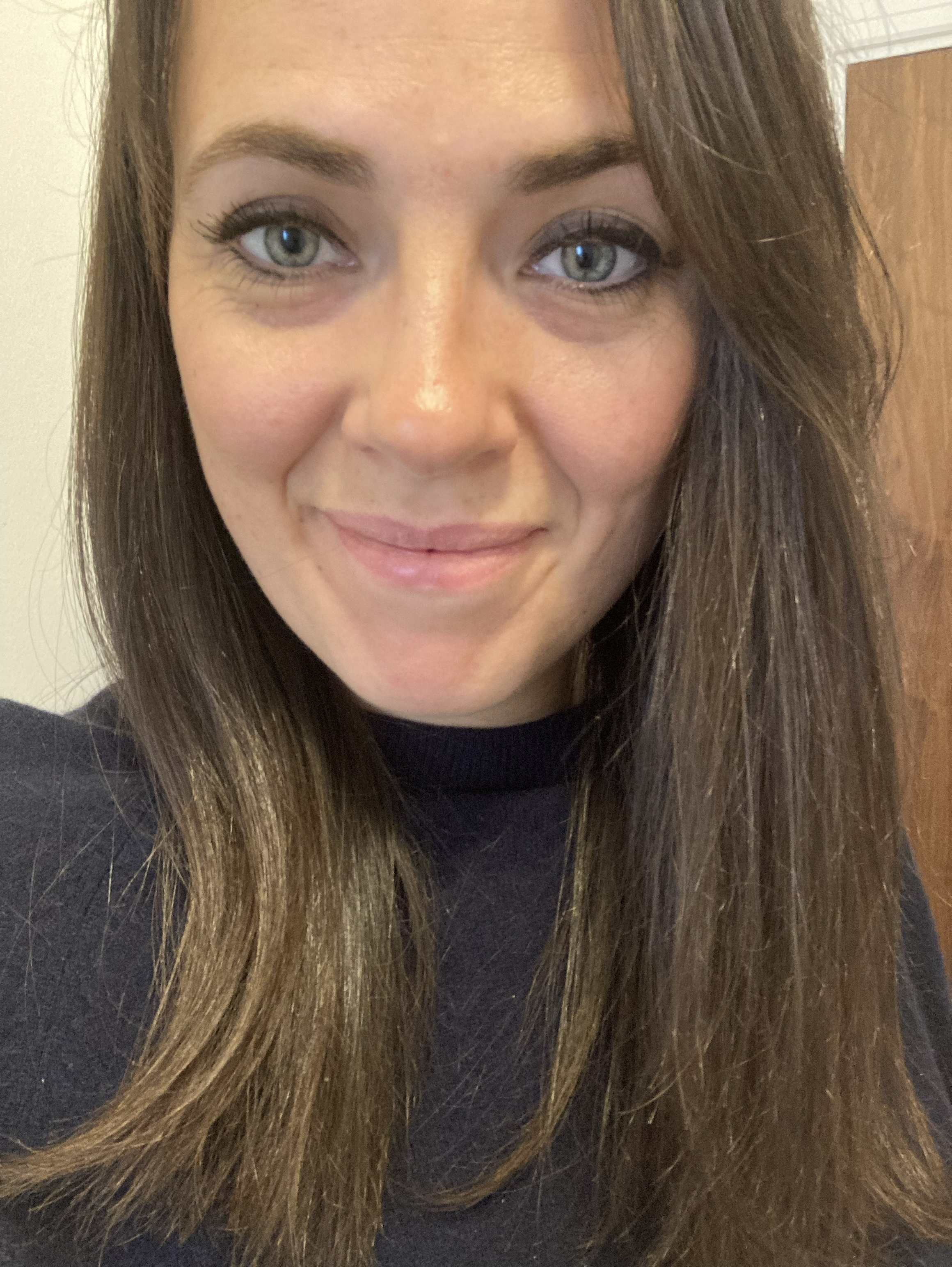Caroline Douglas
Supported by the University of Glasgow Library
Caroline Douglas is an artist and historian of early photography. She recently completed her PhD by practice at the Royal College of Art, London (2024), where she has been researching the role of gender and class in early photography in Scotland. In her practice she moves across photography, writing and creative archival research to work cross-historically, re-touching the archive, to recover and repair marginalised histories. This practice-led PhD project was supported with an AHRC-techne Scholarship and The Royal Photographic Society Postgraduate Bursary.
Based in the United States 2024-2025, she has continued her research in this area as the Fedwa Malti-Douglas Fellow at the American Philosophical Society’s Library & Museum, Philadelphia and at Yale University Library Beinecke Rare Book and Manuscript Library with the support of the Peter E. Palmquist Memorial Fund for Historical Photographic Research.
Her methods, underpinned by art practice, place significant value on the hapticity of the sources. In 2020 she was the recipient of the Paul Mellon Centre Andrew Wyld Research Support Grant for Retouching the Archive. A project that focused on the subjectivity of the working-class sitter through the Adamson and Hill portraits of Newhaven ‘fishwives’. During her doctorate she undertook two Doctoral Training Partnership placements, one at the V&A Museum as a Cataloguer (Photographs) and the other at Collective, Edinburgh (2021). Her other research projects on early photography have been supported by the Scottish History Society (2023), the Society of Dyers and Colourists (2023), and the Scottish Historical Review (2024).
She has exhibited widely. Her recent exhibitions include La couleur est la lumière: Inventions historiques, expérimentations contemporaines (Colour is light: Historical inventions, contemporary experiments), at Le Point du Jour, Cherbourg, France (2024).
I am honoured to receive a Visiting Research Fellowship from the University of Glasgow. This fellowship will allow me to study chemical networks of the late eighteenth and early nineteenth century Scotland - networks central to photography’s declared invention in 1839.
This project proposes to work with the sources to explore the role of women central in the invention of photography in Scotland from 1780 through to 1845. It does so by conducting archival research into two historical subjects: Elizabeth Fulhame (fl. 1794) and Mary Somerville (1780-1872), both of whom have an archival presence in the special collections in Glasgow.
This project begins from the premise that these emerging protophotographic networks offer a rich and underexplored resource for examining women’s contribution to photographic invention. It asks: what role did women’s thinking and practice play in the making of photography in Scotland between 1780 and 1845?
Through key texts held in Special Collections, I will explore women’s experimental practice and their contribution to the development of the invention of photography. In Glasgow, I will be able to study texts and manuscripts that sit at the core of my project. Though I specialise in the visual arts and the history of early photography, I am excited to collaborate and share this work with scholars from other disciplines at the University of Glasgow.


